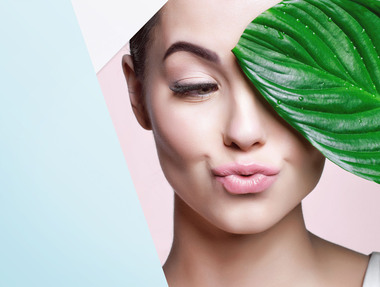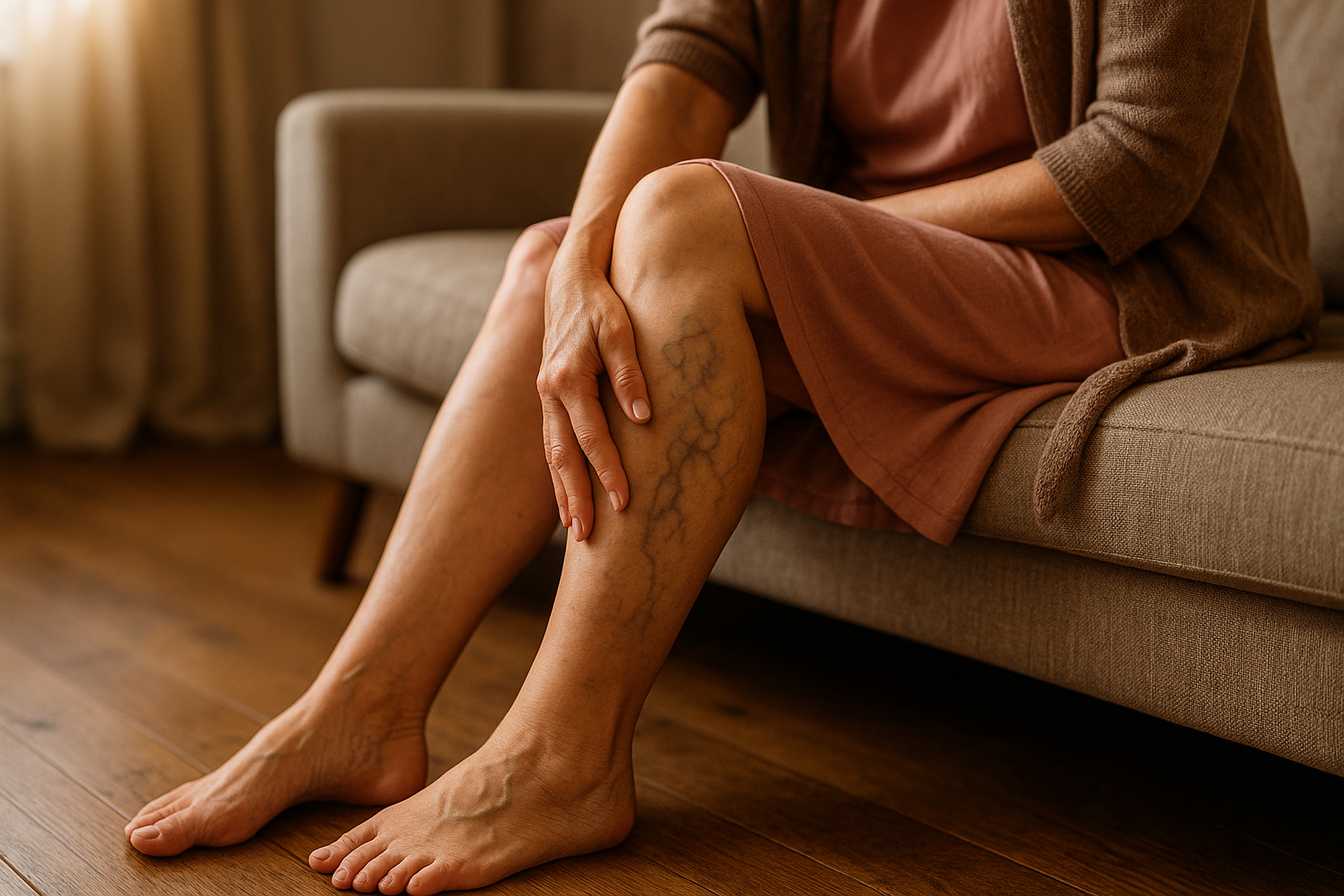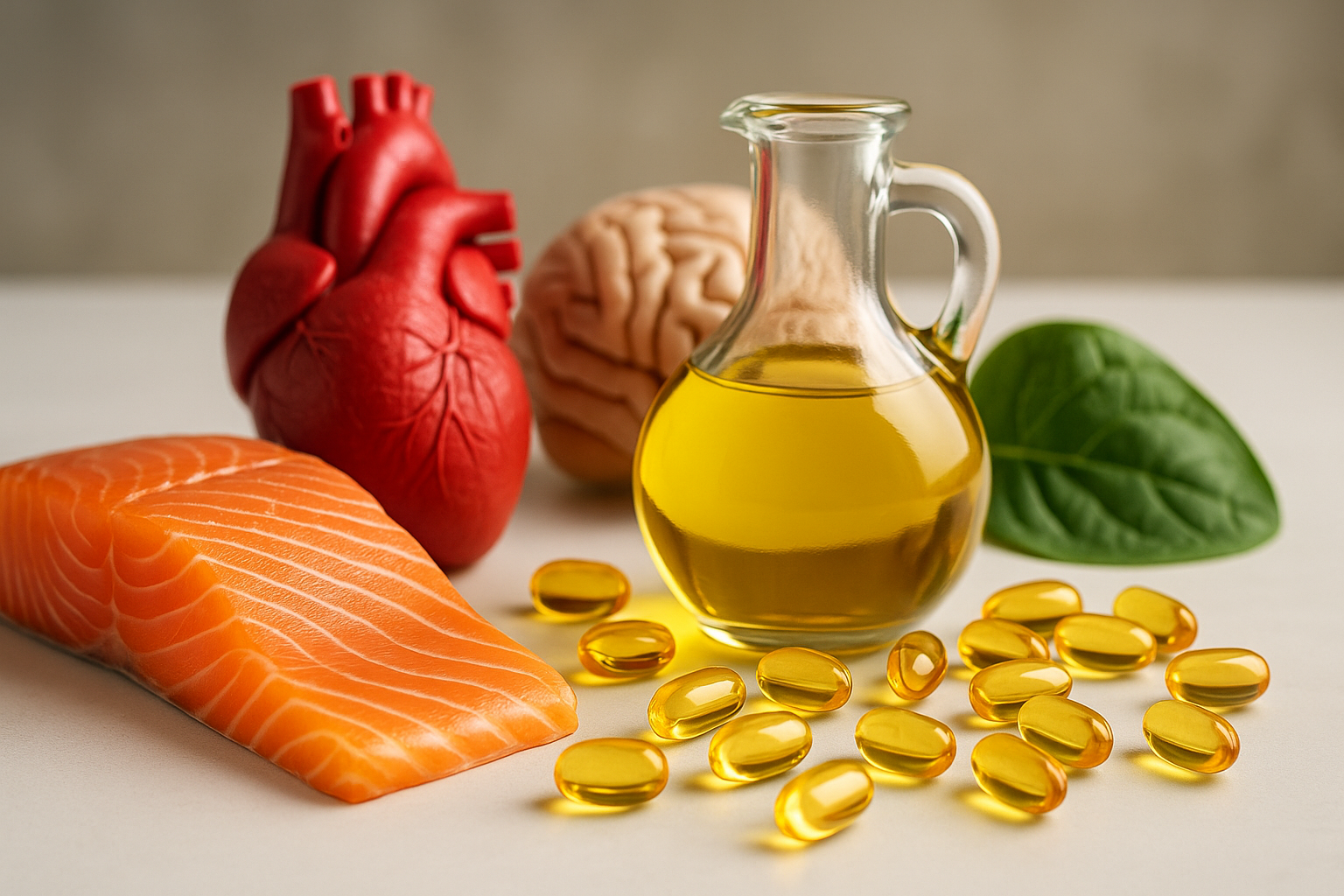
Since antiquity, it has been assumed that good-looking people also possess impeccable character and are capable of top performance. This can be seen in many examples from literature. The concept is called "kalokagathia" and is very famous. And even today, certain ideas of beauty still apply, which help us in everyday life - and can even make us successful in politics.
"His mouth shone like a ruby of redness, / as if he were on fire; / full lips, truly not narrow ones. / Shining was his body wherever you looked. / Bright and curly was his hair, / where it stood out under his hat, / and that was an expensive headdress. / His coat was a green velvet, / on the front the sable gave black shine; / the shirt he wore was white." This is how Wolfram von Eschenbach describes the figure of Gahmuret, Parzival's father, an excellent knight and renowned fighter, in his medieval epic poem "Parzival". Here the poet takes up the medieval idea of beauty - and the good-looking men usually represent noble points of view and have a good character. The same applies to women, by the way.
These verses are an example of the concept of "kalokagathia", which is world-famous in cultural history. This is the term for a Greek ideal of physical and mental excellence ("beauty and goodness"). The term refers to a combination of physical beauty and mental excellence, which appears as the overall excellence (arete) of the person, and plays an essential role in important thinkers such as Socrates, Plato or Xenophon. It is assumed that good-looking people also possess an impeccable character, as Wolfram von Eschenbach makes clear: Gahmuret, the father of the later Grail King Parzival, is portrayed as an ideally beautiful figure who proves himself in the world and, among other things, is able to defeat all opponents in a great jousting tournament.
And the other way round is just as true: ugliness corresponds to wickedness. Villains are usually ugly, such as William Shakespeare's Richard III in the drama of the same name, who comes across as extremely unattractive and misshapen - and gets rid of his two brothers, the reigning King Edward IV and George, the Duke of Clarence, in order to ascend the throne himself. Richard III is no good as an eloquent lover who, as he says of himself, dallies with the ladies of the court to the sound of the lute. So lame and crippled is he that dogs bark at him when they see him. His bad character, which is inferred from his misshapen appearance, is shown in his bloody deeds. In the end, he is killed in single combat on the battlefield.
Good looks advance one's career
This principle of kalokagathia (at least in its positive form) still applies today. Attractive people generally have more success and are perceived as "better" and more eloquent than their less fit colleagues and competitors. Practice shows time and again: good looks advance careers, even if competence does not always keep pace. This has even been scientifically proven. The US psychologist and attractiveness researcher Rita Freedman, author of the books "Bodylove" and "Beauty Bound", for example, has found that this even begins immediately after birth: mothers react more strongly and more often to their babies if they are pretty. This "magic of beauty", Freedman has found, runs through the whole of life; beautiful people benefit from positive prejudices: They are, at least at first, thought to be more socially competent, more successful, more intelligent, more likeable, more self-confident, more creative, more sociable, more hardworking and more content.
A survey of 1,300 personnel managers by New York's Syracuse University found that 93 per cent of personnel managers believe that beautiful people find a job more quickly. And according to a long-term study by the Hamburg economist Professor Sonja Bischoff ("Who leads into the future?"), in 1986 about five per cent of the personnel managers still rated outer appearance as important, but in 1991 it was already 14 per cent, and in 1998 already 22 per cent - at the last measuring point of the long-term study, the respondents even attributed greater importance to the beauty factor than to personal contacts or connections for the first time.
There is an easily comprehensible reason for this. Those who do not feel well physically regularly radiate this to those around them and are inhibited by their discomfort. For example, the widespread disease of cervical spine tension causes permanent headaches. The ability to concentrate and perform decreases, the person affected reacts quickly in an irritable manner and is noticed negatively with his or her bad mood. His body language is controlled by the pain triggered by the tension. The result: His reputation suffers, his performance declines.
Physical attractiveness wins elections
An example of this comes from politics. During the TV duel between the two US presidential candidates John F. Kennedy and Richard Nixon on 26 September 1960, it was shown what effect a healthy appearance and a fresh mind has on the audience. The Republican Nixon was actually the favourite in the campaign for the presidency against Kennedy, but Nixon was in but was in bad shape. A hospital stay had caused him to lose 14 kilograms, and rushed from numerous campaign appointments, he looked pale and sickly. In addition, Nixon was badly shaved, due to his strong beard growth, the shadow of his beard gave him something roguish - and he refrained from wearing make-up, as his sun-tanned challenger John F. Kennedy also did not want a make-up artist. In the debate, Nixon's voice then often failed him, he sweated profusely and looked more at his opponent than at the camera. Kennedy, on the other hand, addressed the audience in front of the screens directly and eventually won the debate and the election.
Obesity is a risk factor for health and appearance
Speaking of weight: according to the World Health Organisation (WHO), about two-thirds of all Germans are overweight. People who are heavily overweight often do not appear particularly dynamic, and their performance is also doubted - people who are untrained are hardly expected to perform at their best. In addition to a healthy, balanced diet and an individually adapted exercise programme, the focus is also on supplying the body with the substances it really needs and which provide it with energy, without negative consequences. Of course, sugar, carbohydrates etc. are a must - but not in large quantities. Natural ingredients such as the entire range of vitamins and minerals, but also healthy protein, for example, are much more important. These fill you up and make you slim at the same time. Proteins burn huge amounts of fat in the body during digestion.
By the way: the waist-to-hip ratio (WHR) is an indicator of attractiveness and at the same time says something about fat distribution, i.e. about actual physical health: if you have a high WHR, fat tends to accumulate around your belly and waist. This increases the risk of cardiovascular diseases in particular. And in general, body weight is known to be a risk factor for various diseases, such as diabetes. In men, on the other hand, the researchers found no connection between typical attractiveness features (little fat, lots of muscle, broad shoulders) and health.
All of this means: physical fitness is the be-all and end-all of being able to hold one's own in professional life, whether as an entrepreneur, manager or normal employee. Even if we are not shining knights, we might want to be seen that way.
* This text may contain translation errors as the translation was performed by an online translation tool.










